The White House said top United States officials will not attend COP30 climate talks in Brazil this month.
The decision comes as US President Donald Trump prepares to withdraw the country from the Paris climate accord at the end of the year and pursue pro-fossil fuel policies.
What did the White House say?
“The US is not sending any high-level representatives to COP30,” a White House official told Reuters and AFP news agencies.
The official said Trump has already made clear his administration’s views on multilateral climate action in his speech to the United Nations General Assembly last month, where he called climate change the world’s “biggest hoax” and chided countries for setting climate policies that he claimed “have ruined their countries.”
“The President is interacting directly with leaders around the world on energy issues, which you can see from the historic trade deals and peace agreements that all have a significant focus on energy partnerships,” the administration official told news agencies.
The official continued that “the tide is turning” on prioritizing climate change, pointing to a memo circulated this week by billionaire and climate philanthropist Bill Gates, who said it is time to move away from focusing on meeting global temperature goals and that climate change “will not lead to the annihilation of humanity.”
However, an international team of experts found in a report released this week that climate policy failures are causing “millions” of deaths each year that could have been avoided. The Lancet Countdown, a major annual study tracking the health impacts of climate change, found that heat exposure could kill 546,000 people each year between 2012 and 2021, while toxic smoke from wildfires could kill a record 154,000 people in 2024.
Although some environmental advocates may have been disappointed by the announcement, there were concerns that any US delegation participating in the climate talks would try to sabotage any agreement.
Trump is pushing anti-climate friendly policies
On his first day in office, Trump announced plans to pull the US out of the Paris climate agreement for the second time, calling it “unilateral” and saying he would prioritize US economic interests over global emissions reductions. The withdrawal is scheduled to take effect in January 2026.
He signed executive orders to boost fossil fuel production, including streamlining drilling permits and declaring a “national energy emergency” to expand oil, gas and coal extraction on federal lands.
Earlier this year, the US pressured countries negotiating a global treaty to reduce plastic pollution not to support an agreement that would set limits on plastic production.
Trump’s policies rolled back Biden-era regulations such as methane emissions limits from oil and gas operations to remove an “undue burden” on the fossil fuel industry.
These actions have been criticized for undermining global efforts to limit global warming to 1.5 °C, by cutting climate finance pledges and promoting exports such as liquefied natural gas (LNG).
What is COP30?
The 30th United Nations Climate Change Conference (COP30) will be held in Belém, Brazil on 10 November.
The talks will be the first of two weeks to be held in the Amazon city to shed light on rainforest conservation.
Organized by President Luiz Inácio Lula da Silva, it aims to unite world leaders to limit global warming to 1.5 degrees Celsius, review progress on COP29 finance pledges, and advance adaptation strategies for vulnerable countries.
A major highlight is Brazil’s effort for the Tropical Forest Forever Facility, a $125 billion (€108 billion) fund to reward tropical countries for forest conservation starting in 2026.
Edited by Shawn Sinico
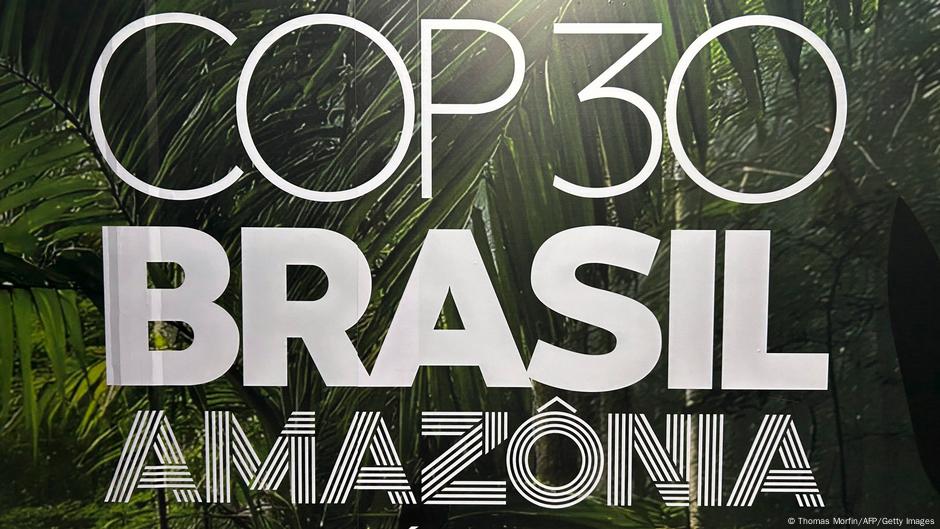
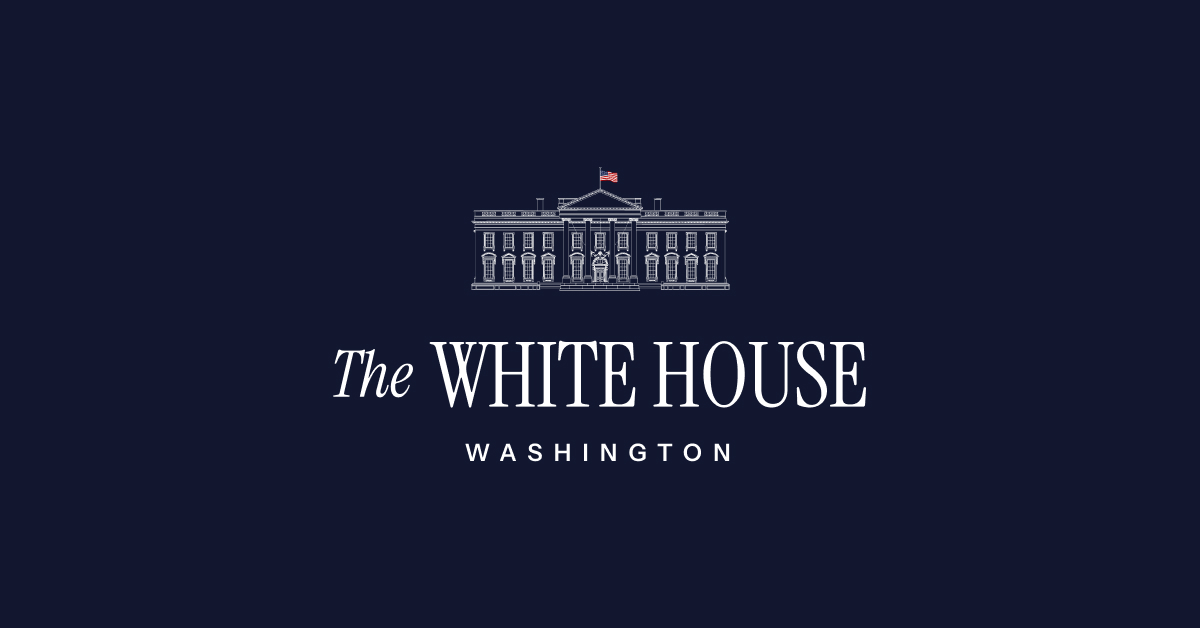
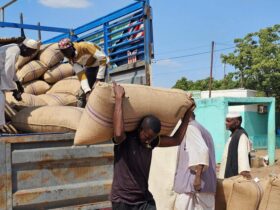

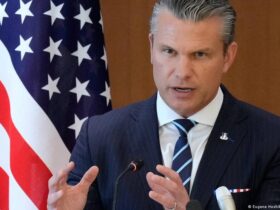
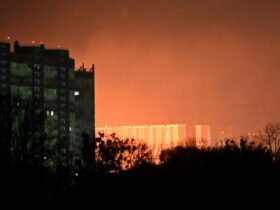
Leave a Reply